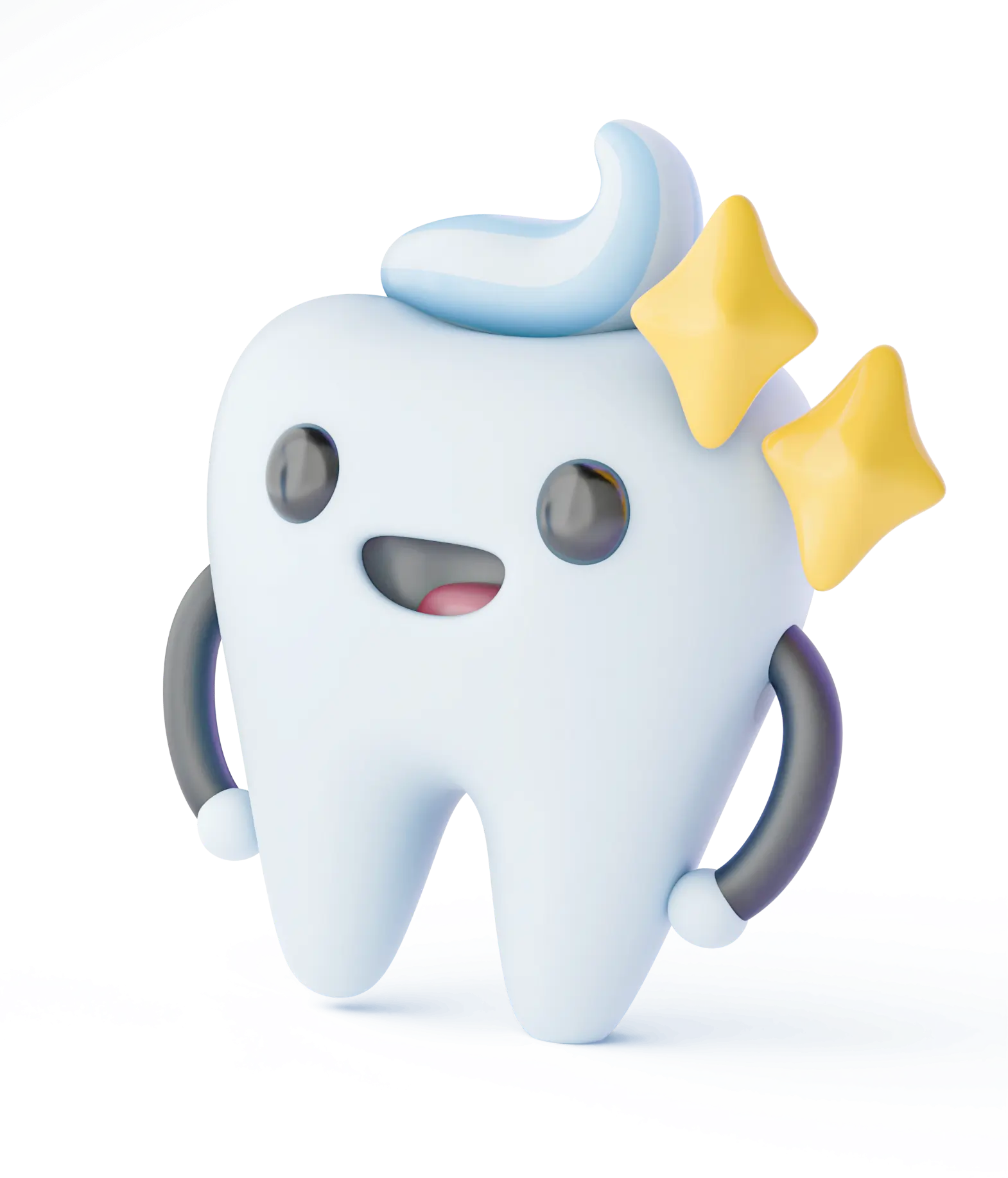Dental care for kids under 3
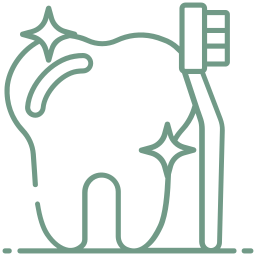
Protecting Little Smiles From the Start
When Should My Infant See the Dentist?

What We Do at Your Child’s Appointment

Gentle Exams

Soft Tissue Evaluation

Professional Cleanings

Fluoride Treatments

Feeding & Speech Evaluation

Nutritional Counseling

Oral Hygiene Instructions

Parent Education & Support

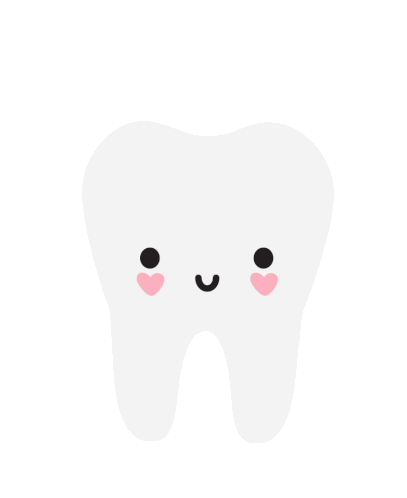

Why See Kids Every Six Months?
Early Detection of Issues
Babies and toddlers undergo rapid growth, and regular checkups allow us to catch small problems—like the earliest stages of cavities or developing bite issues—before they become bigger concerns.
Preventive Care & Learning
Fluoride treatments, professional cleanings, and discussions about diet and oral hygiene keep those tiny teeth strong. Frequent visits are also a great opportunity to ask questions and stay informed on best practices for your child’s ever-changing needs.
Monitoring Growth & Development
From how teeth erupt to assessing speech and feeding milestones, we keep a close watch on your child’s progress at each visit. Addressing minor issues early often prevents more complex procedures in the future.
Confidence & Comfort
Positive, routine dental appointments teach children that the dentist’s office is a safe, welcoming place. This familiarity reduces anxiety and builds a solid foundation of trust and cooperation for future visits.
Recognizing Teething & How to Help
- Irritability and disrupted sleep
- Swollen, inflamed gums
- Excessive drooling, sometimes causing a rash around the mouth
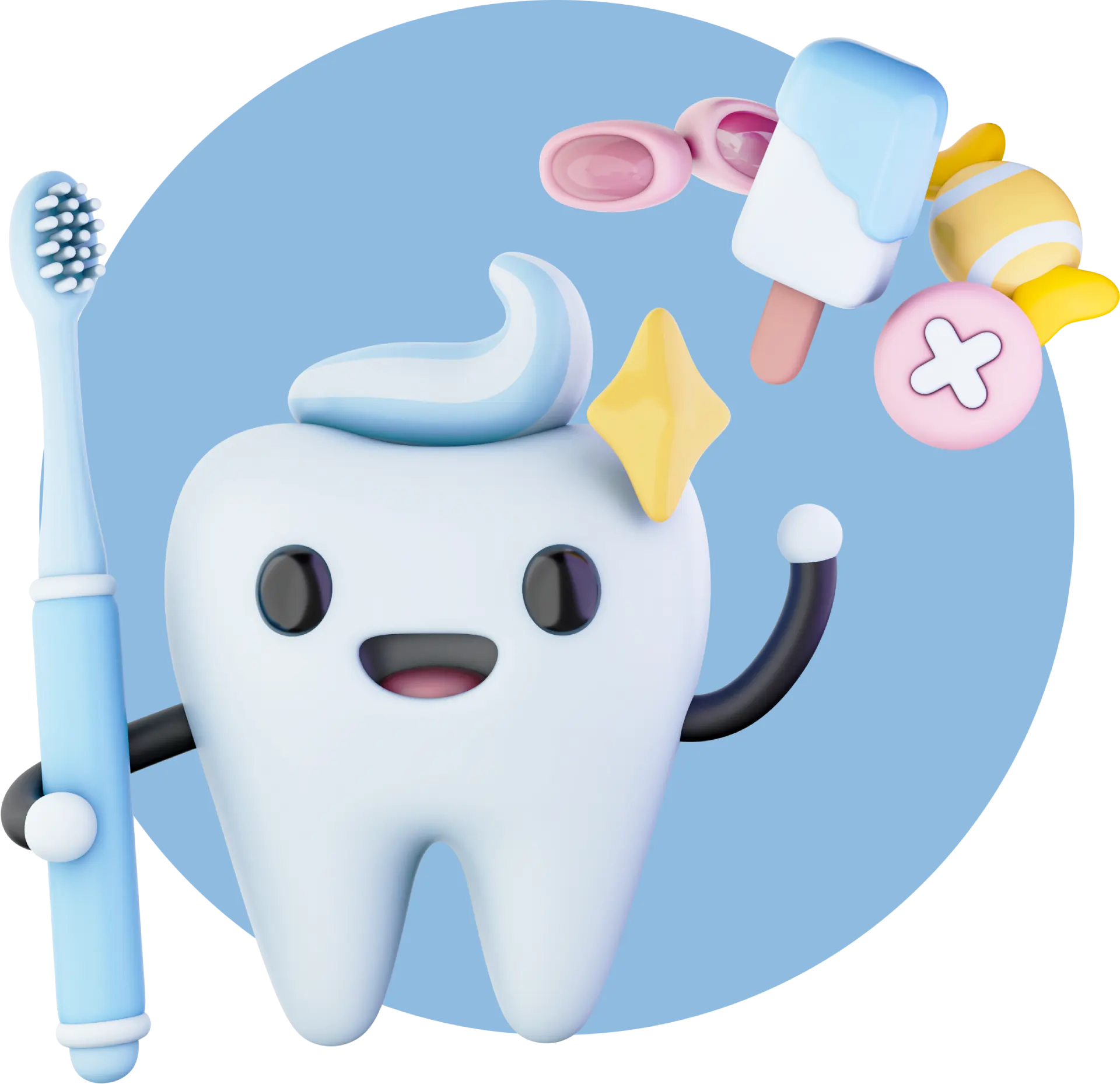
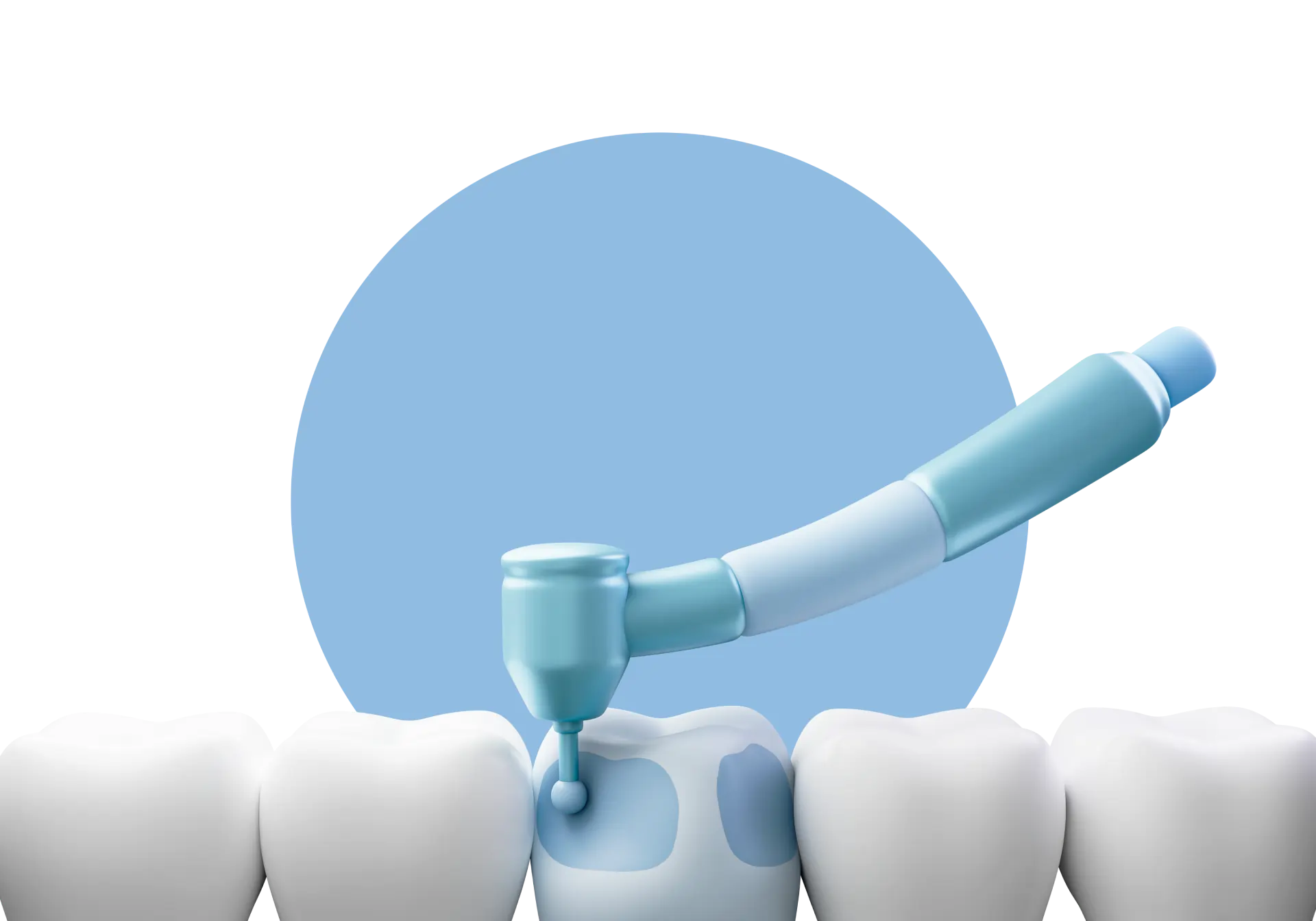
- Gently massage their gums with a clean finger or a cold washcloth.
- Use a chilled (not frozen) spoon or a soft silicone teething ring.
- Avoid using teething gels or numbing agents unless advised by your dentist or pediatrician.
Caring for Your Infant’s Teeth & Gums

Before Teeth Appear
Wipe your baby’s gums with a soft, clean cloth after each feeding. This prevents residue from accumulating and keeps the gums healthy.
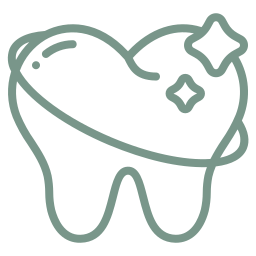
Once Teeth Emerge
Brush any visible tooth with a baby toothbrush and a tiny smear (about the size of a grain of rice) of fluoride toothpaste. Continue brushing at least twice a day—especially after your child’s last feeding—to reduce the risk of decay.

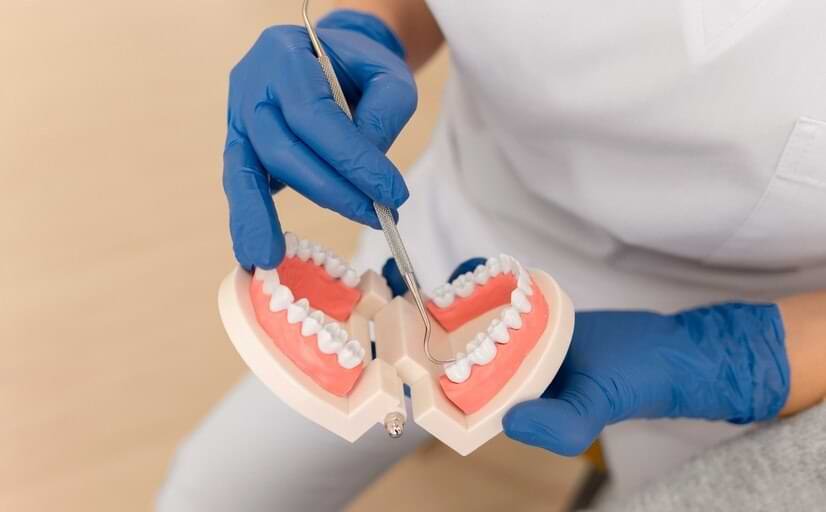

Preventing Early Dental Problems
A few simple habits go a long way in protecting your infant’s oral health:
Consistent At-Home Care
Keep up with daily gum wipes or gentle brushing, and follow any personalized instructions from your pediatric dentist.
Healthy Diet Choices
Avoid frequently giving sugary drinks or letting your child fall asleep with a bottle—this can lead to baby bottle tooth decay.
Regular Dental Checkups
Visiting the dentist every six months for exams and cleanings helps catch and address any issues early, safeguarding your infant’s smile.
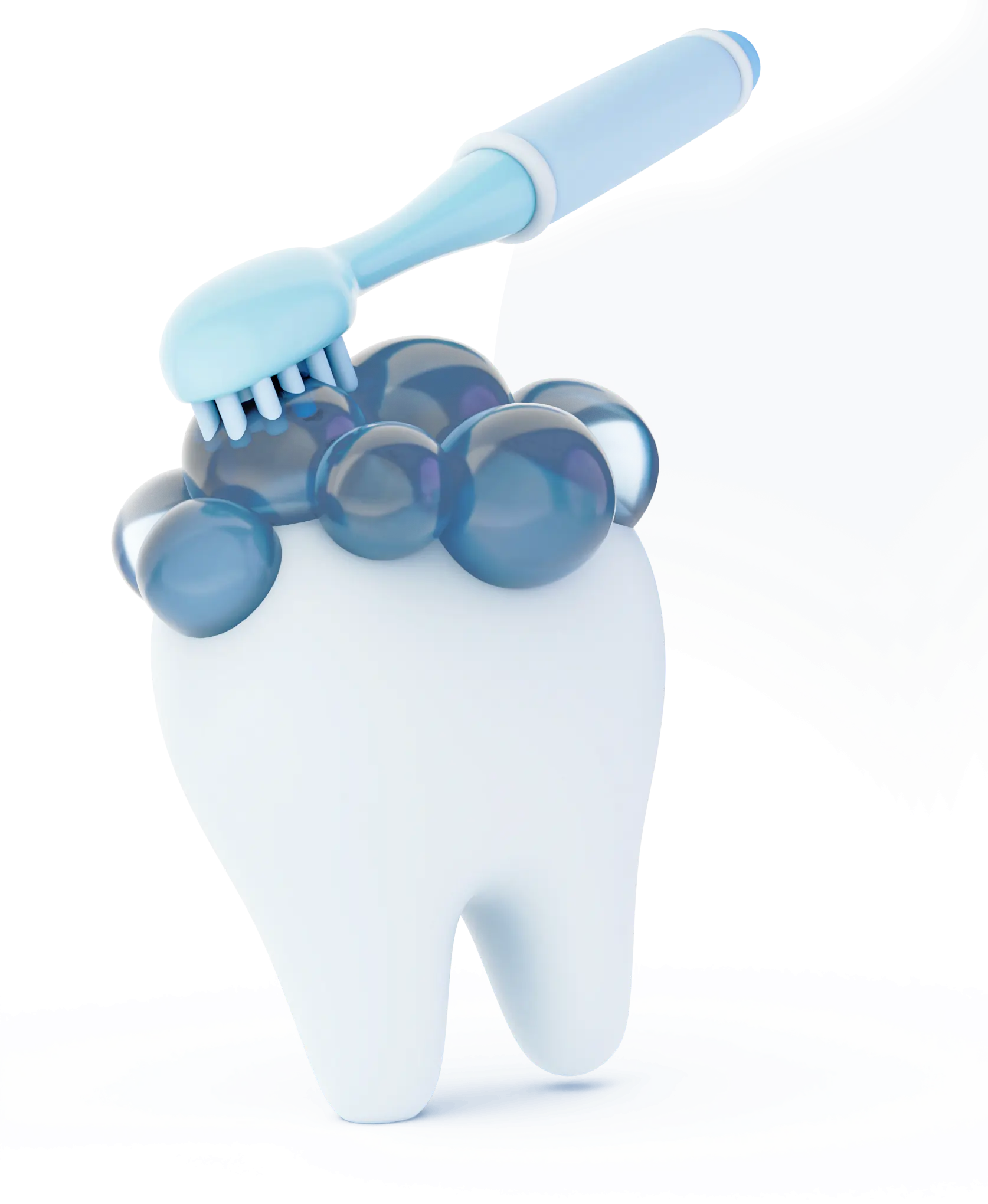
A Team Approach to Your Child’s Smile
